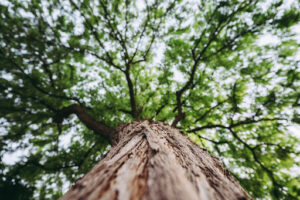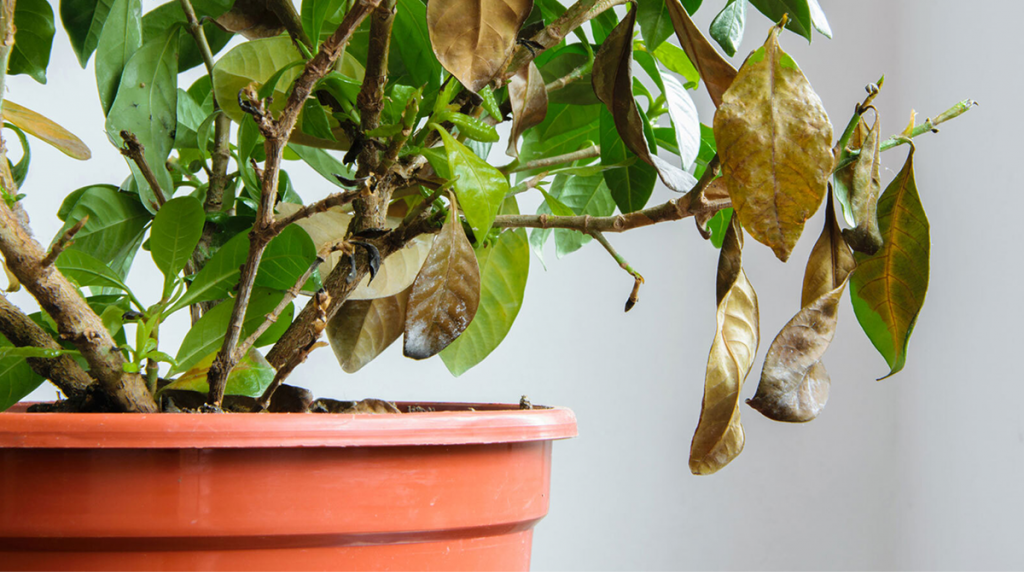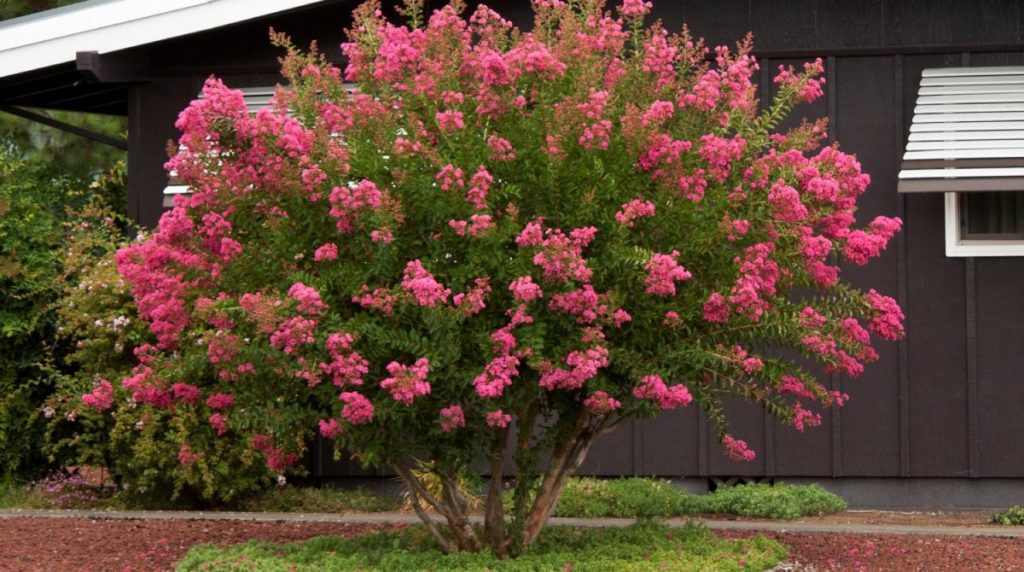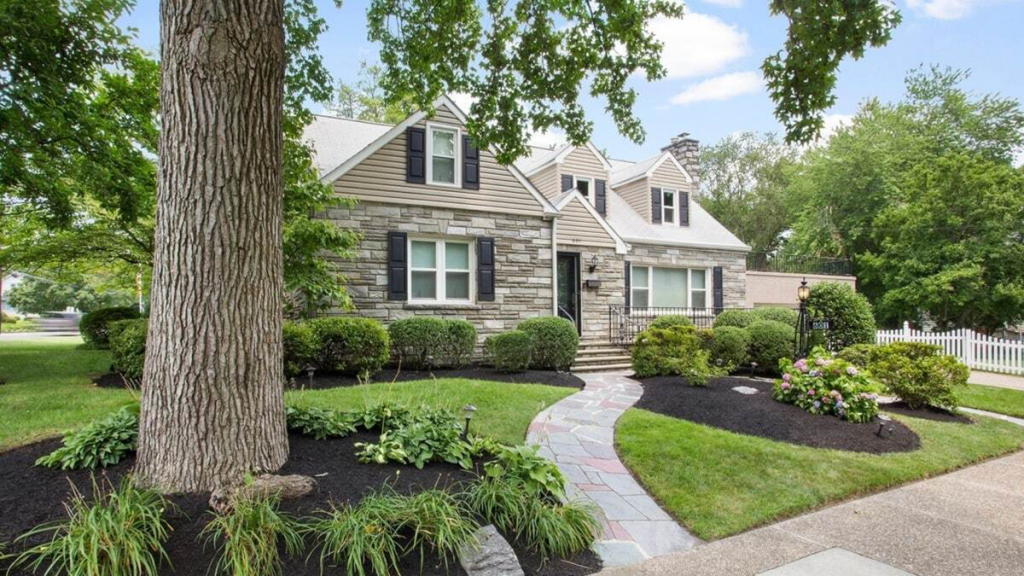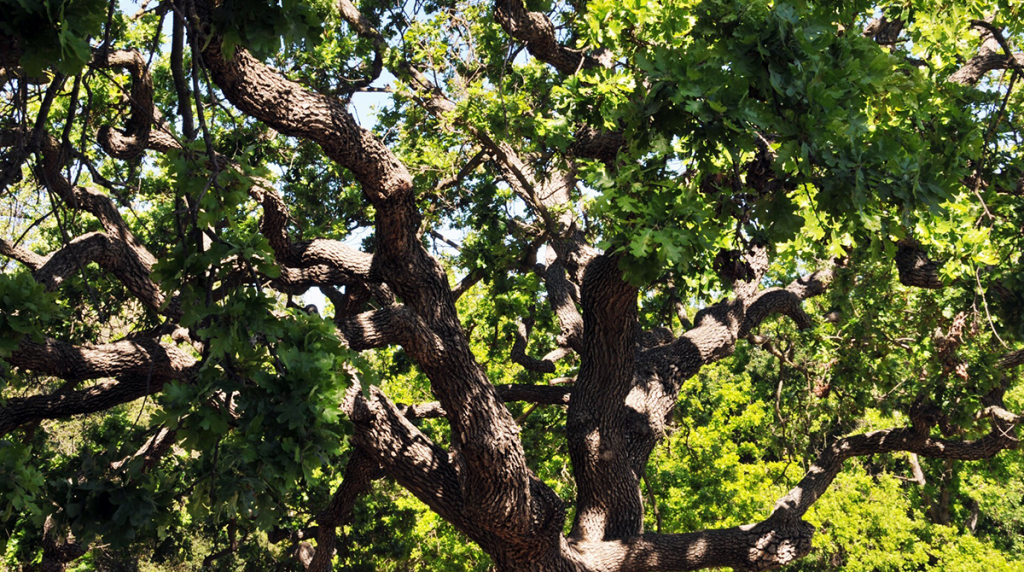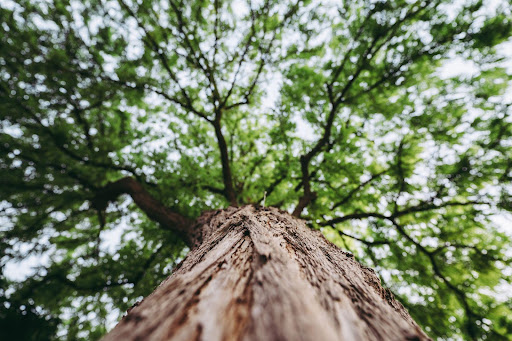
The Environmental Impact of Unregulated Tree Growth
Date May 25, 2023
While trees are an essential component of our environment, unregulated tree growth can lead to a variety of hazards and negative environmental impacts. As a homeowner or property manager, it’s crucial to understand the importance of proper tree maintenance and work with a Dallas arborist to manage tree growth responsibly. This article will discuss the environmental impact of unregulated tree growth and why consulting with a Dallas tree company can help mitigate these hazards.
Photo by Sebastian Pichler on Unsplash
Disruption of Local Ecosystems
Unregulated tree growth can negatively affect local ecosystems by altering habitats and disrupting the balance of species. Overgrown trees may outcompete other vegetation for resources such as sunlight, water, and nutrients, leading to a reduction in plant diversity. A Dallas arborist can help you manage tree growth in a way that promotes healthy ecosystems and supports local biodiversity.
Increased Risk of Pests and Diseases
Overgrown trees can create an environment conducive to the spread of pests and diseases. Dense foliage can harbor insects, rodents, and fungal infections, which can quickly spread to other plants and trees in the area. Working with a Dallas tree company to properly maintain your trees can help prevent the spread of pests and diseases, protecting your property and the surrounding environment.
Soil Erosion and Water Runoff
Unregulated tree growth can contribute to soil erosion and increased water runoff. Overgrown trees with large, invasive root systems can destabilize soil, leading to erosion and sedimentation of nearby waterways. Additionally, dense tree canopies can reduce the amount of rainwater that reaches the ground, resulting in increased surface runoff and potential flooding. A Dallas arborist can provide guidance on how to manage tree growth to minimize these risks.
Decreased Air Quality
While trees are generally beneficial for air quality by absorbing carbon dioxide and releasing oxygen, overgrown trees can contribute to decreased air quality in certain situations. Dense tree canopies can trap pollutants and reduce air circulation, leading to higher concentrations of harmful pollutants in localized areas. Proper tree maintenance by a Dallas tree company can help ensure that trees continue to provide air quality benefits without contributing to pollution.
Obstruction of Public Infrastructure
Unregulated tree growth can interfere with public infrastructure, such as power lines, sidewalks, and roads. Overgrown trees can cause damage to these structures and create safety hazards for pedestrians, cyclists, and drivers. Working with a Dallas arborist to manage tree growth responsibly can help prevent these issues and maintain the safety and functionality of public infrastructure.
Increased Fire Risk
In some areas, overgrown trees can contribute to an increased risk of wildfires. Dense tree canopies can create ladder fuels that allow fires to spread vertically and horizontally, resulting in more extensive and destructive wildfires. Consulting with a Dallas tree company can help you manage tree growth in a way that reduces fire risk and protects your property and the environment.
In conclusion, unregulated tree growth can have a significant environmental impact and lead to various hazards. By working with a Dallas arborist, you can manage tree growth responsibly and minimize these risks. Proper tree maintenance is essential for protecting your property, preserving the environment, and ensuring the health and safety of your community. Partner with a reputable Dallas tree company to ensure your trees are well-managed and contribute positively to the environment.
